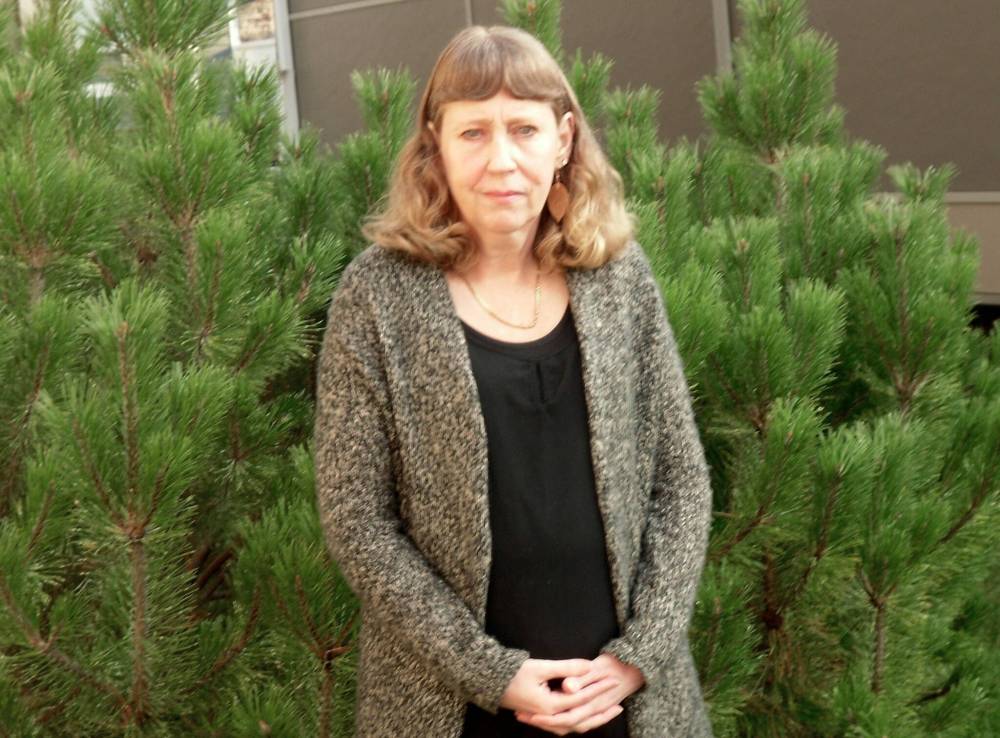Path to MAID too rocky for some
Advertisement
Read this article for free:
or
Already have an account? Log in here »
To continue reading, please subscribe:
Monthly Digital Subscription
$0 for the first 4 weeks*
- Enjoy unlimited reading on winnipegfreepress.com
- Read the E-Edition, our digital replica newspaper
- Access News Break, our award-winning app
- Play interactive puzzles
*No charge for 4 weeks then price increases to the regular rate of $19.00 plus GST every four weeks. Offer available to new and qualified returning subscribers only. Cancel any time.
Monthly Digital Subscription
$4.75/week*
- Enjoy unlimited reading on winnipegfreepress.com
- Read the E-Edition, our digital replica newspaper
- Access News Break, our award-winning app
- Play interactive puzzles
*Billed as $19 plus GST every four weeks. Cancel any time.
To continue reading, please subscribe:
Add Free Press access to your Brandon Sun subscription for only an additional
$1 for the first 4 weeks*
*Your next subscription payment will increase by $1.00 and you will be charged $16.99 plus GST for four weeks. After four weeks, your payment will increase to $23.99 plus GST every four weeks.
Read unlimited articles for free today:
or
Already have an account? Log in here »
Hey there, time traveller!
This article was published 08/02/2024 (647 days ago), so information in it may no longer be current.
Nothing about Canada’s MAID law has been easy, right from the beginning. Unfortunately, navigating the nuances of how and when to apply it isn’t getting any easier.
The federal government has opted to delay, by three years, a change to the country’s Medical Assistance in Dying legislation to include people whose primary reason for seeking it is mental illness. This delay falls in line with recommendations from the Special Committee on MAID, per a Jan. 29 report.
Taking time to review the addition of mental illness to the list of reasons for allowing MAID seems sensible. When the notion of MAID first began circulating, many worried just how easily one could request and receive a medically assisted death. Some, thinking of more sinister applications, wondered if it might become an ugly backdoor to euthanasia for “undesirable” individuals.

Supplied photo
Cathy Van Buskirk is one of the Manitobans left disappointed by Canada’s MAID delay.
A release issued following the government’s tabling of the motion to delay states the reason for the holdup is to ensure the provinces’ and territories’ health-care systems have enough time to get ready. That seems fair enough. Establishing guidelines, best practices and proper training to handle people who are seeking MAID due to mental illness is just plain responsible.
However, it does make one wonder why those measures aren’t already in place. MAID has been legal in Canada since 2016. After the provinces have had years to make their preparations, the exclusion of the mentally ill from the legislation was set to expire in March. To change the timeline just a month away is a cruel rug-pull for those who have been waiting to be included.
Consider the case of Cathy Van Buskirk, who was featured in this paper as both an interview subject and a contributor to the Think Tank page. Van Buskirk has been treated for mental illness for 20 years, until treatment stopped working, and she is among the Canadians who have been waiting for the MAID law to include them as legitimate applicants for a peaceful and dignified end.
“It upsets me because it’s not classified under a physical ailment, even though my brain is a part of my anatomy and my brain is sick,” Van Buskirk told the Free Press. “My brain doesn’t make serotonin. It’s lost the ability to make the chemical to make me happy.”
The vast majority of Canadians will find it difficult, if not impossible, to imagine Van Buskirk’s position. She and her doctors have tried seemingly every possible combination of treatments for her illness, to no avail. The end result, according to her description, is a life devoid of happiness, peace or comfort. She would seem to be a prime candidate for MAID. Yet now, along with every other Canadian with a severe mental illness considering MAID, she must wait three more years.
She told the Free Press she is now considering suicide. It is a terrible outcome and it need not necessarily be this way.
The MAID delay speaks to the generally low energy put into mental health issues across Canada. Mental health supports are often overlooked and under-resourced, to the detriment of all who need them.
When all else fails, those suffering from mental illness should have the right to end their lives on their own terms, in safety and in the company of loved ones.
Now that this process has been delayed, it behooves provincial health-care providers to outline how exactly they plan to be ready for this new group of MAID seekers (if they aren’t already prepared) and when they plan to be ready.
And, if only to offer some justice to those left waiting, they should at least have to explain why it has taken them so long to prepare a compassionate end for those who need it most.


